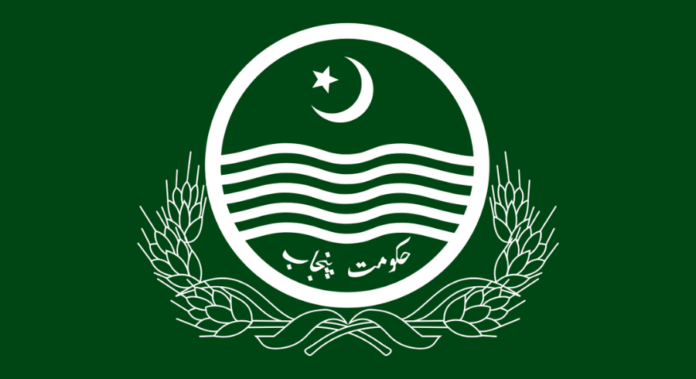In a major step to strengthen provincial finances, the Punjab government has approved the creation of a Special Unit within the Punjab Revenue Authority (PRA) aimed at boosting revenue collection and improving compliance.
The new unit will bring together factoriers, tax consultants, legal experts, and data analysts, marking a shift toward a more professional and technology-driven approach. The government has also given in-principle approval for hiring 130 enforcement officers to enhance field operations.
Under the plan, the PRA will expand its operations to 30 districts by October 30, following a deadline set by Chief Minister Maryam Nawaz. To support the rollout, Additional Deputy Commissioners General (ADCGs) will be given supplementary responsibilities related to the Authority’s work.
At a special meeting on revenue collection held in Lahore, Director General PRA Moazzam Ali Supra presented a detailed briefing to the Chief Minister on tax targets, enforcement measures, and the inclusion of new taxable sectors. The government is currently reviewing the addition of 19 new sectors to the provincial tax framework.
Maryam Nawaz emphasized that “honest taxpayers must not be harassed”, directing officials to focus on bringing new sectors into the tax net rather than burdening existing taxpayers. She also instructed that transparency in tax collection be ensured at every level.
To facilitate taxpayers, the PRA has launched a dedicated mobile application and mobilised enforcement teams to identify unregistered service providers. These teams are conducting field surveys and issuing immediate notices as part of a province-wide crackdown on tax evasion.
The measures come as the PRA reported a record-breaking Rs66.41 billion collection in the first quarter of FY2025-26, up 28% from Rs51.98 billion in the same period last year. Additionally, Rs1.7 billion was collected under the Punjab Infrastructure Development Cess.
In a statement on Thursday, the PRA highlighted that this strong growth was achieved without introducing any new taxes or increasing existing rates, crediting the results to its focus on broadening the tax base, targeting untapped sectors, and promoting voluntary compliance.
Since the 18th Constitutional Amendment, provincial revenue authorities have become a crucial pillar of Pakistan’s fiscal structure, with each province empowered to collect sales tax on services. In Punjab, the PRA serves as a vital source of funding for public development projects, infrastructure, and social services.
Officials expressed confidence that the momentum from the first quarter would enable the PRA to meet or surpass its annual revenue targets, reinforcing the province’s fiscal stability and capacity for development spending.




